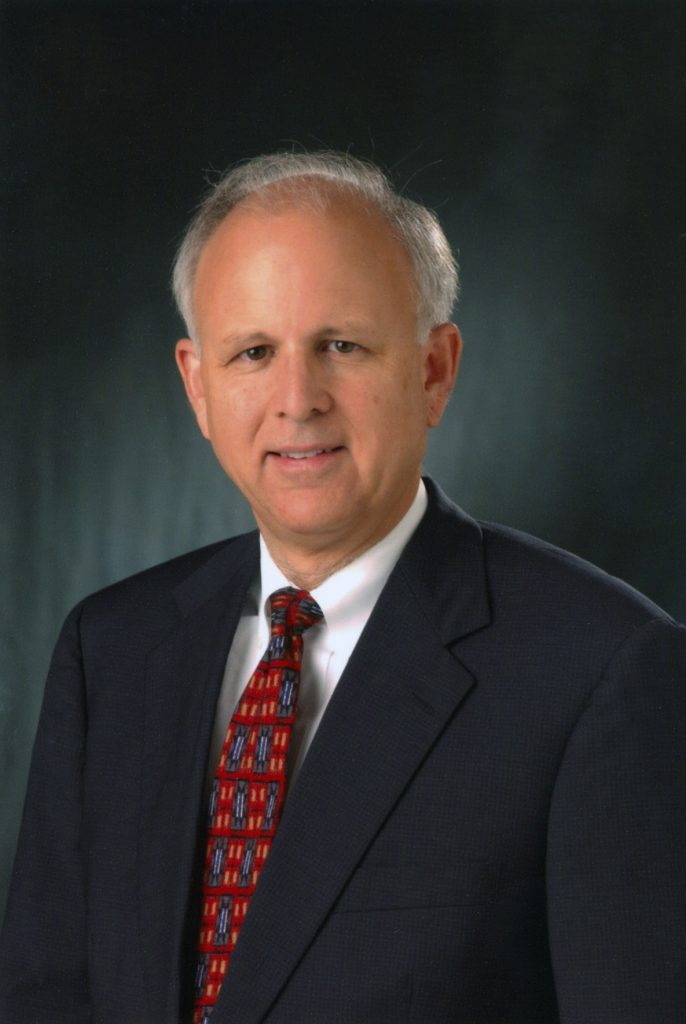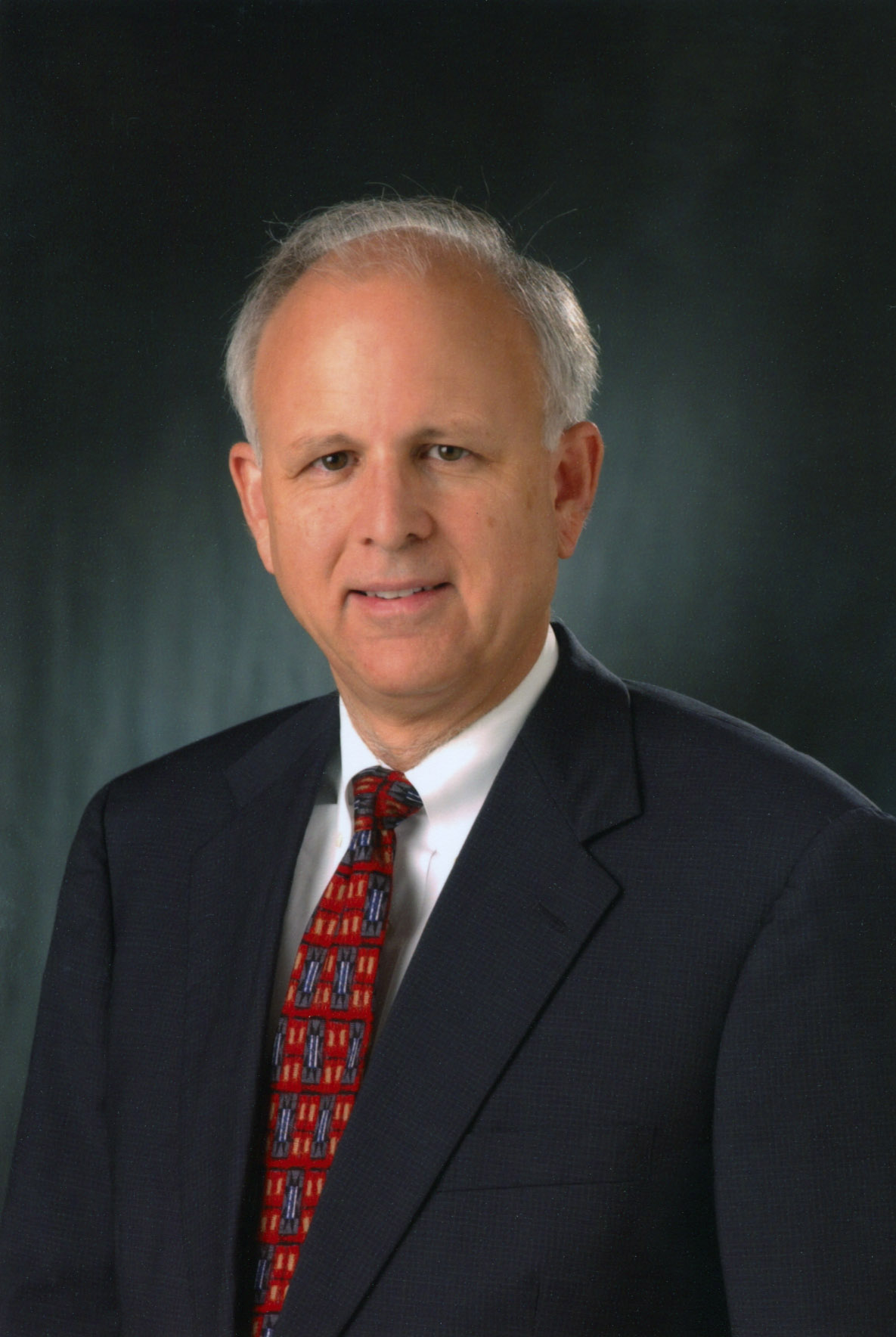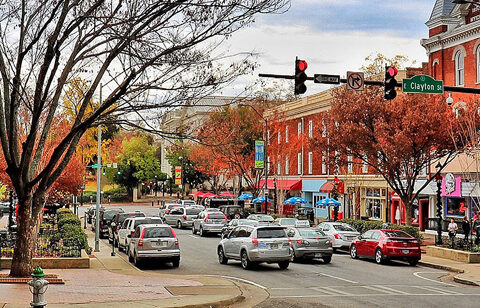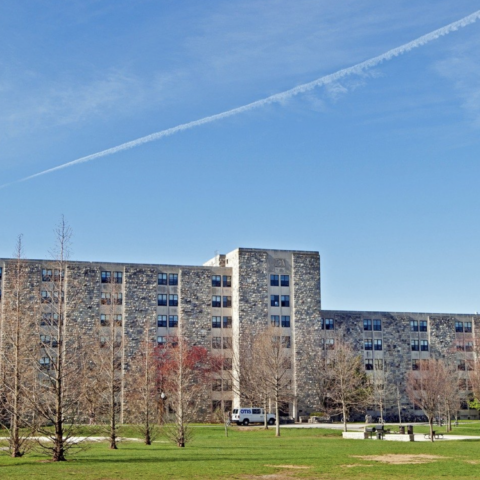By: Shalin Jyotishi

In April 2013, incoming University of Georgia President Jere Morehead announced the opening of an economic development office in Atlanta to focus on bolstering the state’s economy. Then, in October, UGA was designated an Economic Prosperity University by the Association of Public and Land-grant Universities. The association recognized universities that are working with public and private sector partners to support economic development in their states and regions. UGA shared in this distinction with 16 other universities, including the University of Michigan-Ann Arbor, Ohio State University, and the University of Missouri. A July 2014 report from the UGA Selig Center for Economic Growth indicated that UGA had an economic impact on the state of $2.1 billion in 2012. The university’s operations also accounted for more than 22,000 jobs.
It seems clear that the university has embraced its role as a player in economic development, but what is the university’s relationship with businesses in its own backyard? When Athens isn’t bustling with football cheer in the fall months, what is UGA’s economic role within the Classic City?
How did you get in your position as Director of Community Relations for UGA?
By building relationships with the local community for 25 plus years. I came to Athens in 1985 as a banker. I retired as president of a local bank in 2001. I accepted this job in 2003 when this position was created. I think the reason they were interested in hiring me is because…such a huge part of this job is the networks and relationships you have and the ability to build those going forward.
What drew you to the University of Georgia? What was the deciding factor for taking this position?
At the time when this job became available, I was serving as interim president of the Athens Area Chamber of Commerce. I had been on the north side of Broad Street in the business community for years, and to have the opportunity in my later career … to do something completely different and engage such a great institution is what did it for me.
Athens has really changed over the past 20 years, as has the university. What are the points of concern when representing the University of Georgia?
Twenty years ago, there used to be an Athens government and Clarke County government. I happened to be chair of the commission that was charged with consolidating those two governments. In the banking business, having no idea I’d ever find myself [as Director of Community Relations], I was asked as a volunteer to chair the commission the Athens-Clarke County Unification Committee, as we called it. I gained a lot of experience by leading the group that wrote the charter and helping educate the public on what the consolidation really entailed. Coming as a banker with no experience in local government, having that on my resume really helped with this new job [as Director of Community Relations].
Now, what has changed over the last 20 years? In the community, the university has certainly prospered in the number of students [enrolled] and quality of students as well… We have in this community a much more capable student body. The town has become a destination for the entertainment industry and tourism. The university’s relationship with the local government is better now than it was 20 years ago because of this position. This position came out of a need, not just a great idea, but because things were starting to get a little tense in some areas.
UGA now has more than 700 registered student organizations, many of which are dedicated to service. Have the students impacted the community through service, or is student involvement seen as more of an on-campus or university affair?
It has definitely impacted [the community] positively. When people ask me “what’s your greatest desire, what’s something you would want to change?” I can sincerely say it would be to get the word out to the broader community about what our students are involved in and the difference they’re making. Just in terms of fundraising, we have three organizations that raise almost $1 million a year – consistently. Another example is the students we have mentoring our children as part of the Clark County mentor program. The vast majority of our mentors are students. This is a really good thing because our children are getting attention that they would not have been getting had it not been for the mentorship program. I wish we could catalog the people and the hours that we are investing in the community.
The university has grown. The campus as increased in size and enrollment has increased. How has that affected the local community in Athens–in terms of buying buildings downtown for example?
If you were to ask a person on the street about what’s bad about being in a college town, the answer would be that the university is buying all the property and taking it off taxable digest, making their taxes higher. We know this isn’t the case. We’ve been really sensitive to tax digest in this community. One fact regarding downtown – there are buildings downtown that have our sign that we do not own – we lease [them]. The average citizen does not know that. All leased spaces are paying full taxes. For example, the Institute of Gerontology building [is leased].
What can you say about faculty relations? How are they engaged in the community? We know many faculty live in Oconee County next door, but how does UGA’s faculty affect the residents here?
Positively, of course. Our faculty is represented all throughout the community on different boards. Our Office of Service Learning does a lot for the community. The College of Education has been tremendously helpful in the Clarke County school district. I think it’s a model for the state and most of the country. The superintendent of the school district would tell you without hesitation that the investment in the university has resulted in a better school system. I believe the College of Education dean, [Craig H. Kennedy], and former deans, will tell you the same thing. Our faculty goes out to these schools and they engage teachers. It’s a professional development district.
Where is the university’s Office for Community Relations headed? What are UGA’s peer and aspirational institutions doing across the nation that UGA might want to mimic or avoid?
Well my focus being on local relations, I think we’re in a pretty good state…I don’t look at our aspirational institutions and find things I wish we could do. I am interested in an office or a function that could serve as a resource center for students living off-campus. Other universities offer such resources and I’d like to see it here.
A big initiative of President Jere Morehead has been economic development. UGA opened the economic development office in Atlanta recently. The university is also the land-grant, sea-grant flagship university for the state of Georgia. UGA does a lot for the state, but what role does the university have in the development of Athens. Does the university bring economic development?
I think whenever a prospect looks at Athens or surrounding areas, the university is a key part of that process. People desire to be here for the research or resources the institution has or the quality of life the institution brings. I think the establishment of the office in Atlanta and what we do on campus demonstrates our [commitment] to economic development. I know the president feels strongly about this mandate to help develop the community, and I think we’re doing that.
What can you say about Athens to parents sending their children here to study?
Athens is a typical college town. The university is the major player here. It’s a great place for a young person to come and mature. It’s a safe city. We’re not crime-free, but the statistics I’ve seen from the police show that it’s a pretty safe place to live, as long as their children use good judgment of course. We have some of the best students, and we will provide the best faculty, staff, and experience for them. They’ll have the time of their lives.


